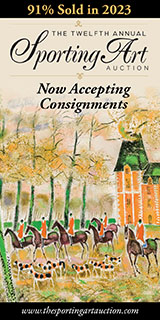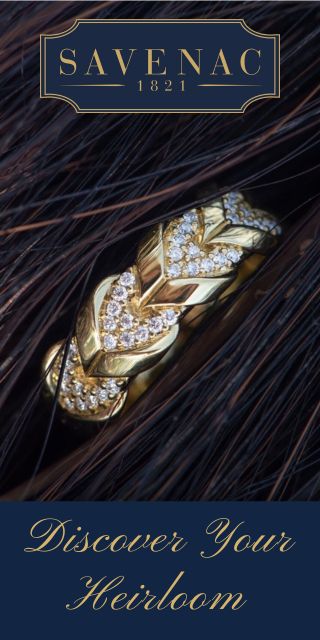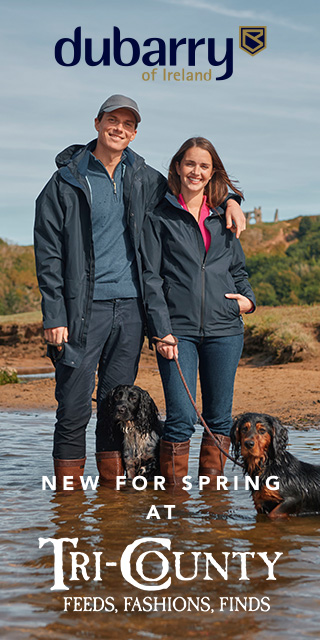My Hunting England, James Barclay, Ruddocks, Lincoln, UK, 2015, cloth, illustrated, large format, 143 pages, £45Foxhunters are often regarded by the uninitiated as a pack of wealthy horsemen in fancy clothes galloping gaily over the countryside. Truth be told, some foxhunters riding in their private and select world above the fray see it the same way.
James Barclay learned differently. In his just-published My Hunting England, he tells of his life in hunting, his love for England, and—for a man born high above the fray—tells his story with humanity, sympathy, and respect for all manner of hunting man and his quarry.
A frequent contributor to the pages of Foxhunting Life, James Barclay was born to a banking family well-represented in the world of hunting. He, his sister, two brothers, mother, father, grandfather, and great-grandfather all served as Masters of Foxhounds—a family way-of-life that began in 1896 when his great-grandfather became Master of the Puckeridge. James served as Master of five hunts from 1983 to 2012: the Essex and Suffolk, Fitzwilliam, Cottesmore, South Wold, and Grove and Rufford.
James’s new book is part memoir, part snapshot of hunting in the twenty-first century, and part tribute to those who left their mark on the sport of his life. He entered hunt service at the bottom and toiled alongside the other lads in the kennels. Nor, as he was to find, were all kennels equal.
“With the experience I was so fortunate to have acquired [at Warwickshire] I was soon on my way to Ireland and the North Tipperary in a battered old farm van which, if I hadn’t snaffled it up from my father, would shortly have ended up on the scrap heap. It nearly did so anyway as not long into our journey to the boat at Fishguard the gearbox fell through the floor, conveniently in the middle of the Heythrop country so help was not too far away. Nevertheless we eventually arrived at Dromineer on the banks of Loch Derg and the River Shannon and set up base in a rather damp flat above the stables at at Kiltelagh, home of the Joint-Masters of the North Tipps, Colonel and Mrs. Dean. The next few months were certainly different and a considerable amount of knowledge was added to my Warwickshire experience. The country that surrounded us was some of the most beautiful anywhere in the world. It was all grass with wonderful patches of gorse on the hillsides that were full of foxes. The kennels, however, were another matter. I had been used to five yards, concrete beds and yes, running water. The North Tipps kennels were not quite on this scale—one muddy old yard and a Nissen hut for a lodge with an old wooden bed. Running water was easily available although sadly not from a tap, but from the River Shannon which flowed a hundred yards away from the kennels….Keeping fit was not a problem though, as hauling water two buckets at a time from the river up the hill to fill the kennel troughs ensured a degree of strength in my upper arms that I never knew I had….Twenty couple of hounds were resident and seemed remarkably happy. I had no choice but to get on with the job and make the most of it, no time for grumbling. Life here was unique and the few months I spent with the North Tipps were ones I shall never forget. They taught me just how spoilt I had been. Hunting is not all about large establishments with kennels full of staff undertaking every duty, it is the small two-day-a-week packs who make up the majority both in Britain and Ireland and at times struggle to survive.”
Good Masters learn diplomacy the hard way. James tells of the day his father was invited to bring the Puckeridge hounds to hunt the Warwickshire country, bordering the Heythrop. Captain Ronnie Wallace was Master and huntsman of the Heythrop at the time, and no finer organizer of hunting country lived, then or since. However, there was a single farm in the Heythrop country where access was denied. The Puckeridge hounds, of course, started their fox in the Warwickshire country but ran it into that one particular parcel in the Heythrop country.
“Not knowing it was the only place where the Heythrop were not allowed we carried on until we could go no further. My Father, realizing that the Heythrop kennels were just down the road, then made the swift decision that we should take the hounds there and everything should be sorted out before returning to Hertfordshire. [Upon our arrival at the Heythrop kennels, huntsman] Tony Collins appeared in a rather shocked state and made the comment, ‘All his adjoining packs enjoyed hunting in the Heythrop country and now the Puckeridge had to come all the way from bloody Hertfordshire to do the same.’”
At the point in the memoir section where he assumes the duties and responsibilities of his first Mastership, James pauses to draw on wisdom he acquired over the many years since that appointment, and offers a dose of sound advice on organization of the establishment, the country, and even the hunting day from which any new Master (or Master-to-be) should benefit.
James concludes his memoir with a collection of stories about many of the personalities he regards as unsung heroes of the sport he loves, many, in his own words, “sadly gone to another place.” In the collection he includes stories that recount those inexplicable moments when we humans are privileged to bear witness to foxhounds demonstrating their uncanny connection to beloved persons in that “other place.” In my own experiences I’ve been witness to such phenomena and have been persuaded, despite my pragmatic background in the sciences.
In My Hunting England, James Barclay has written a deeply personal story from his heart. It is a delightful read and available for purchase through his website.
Posted August 20, 2015


















